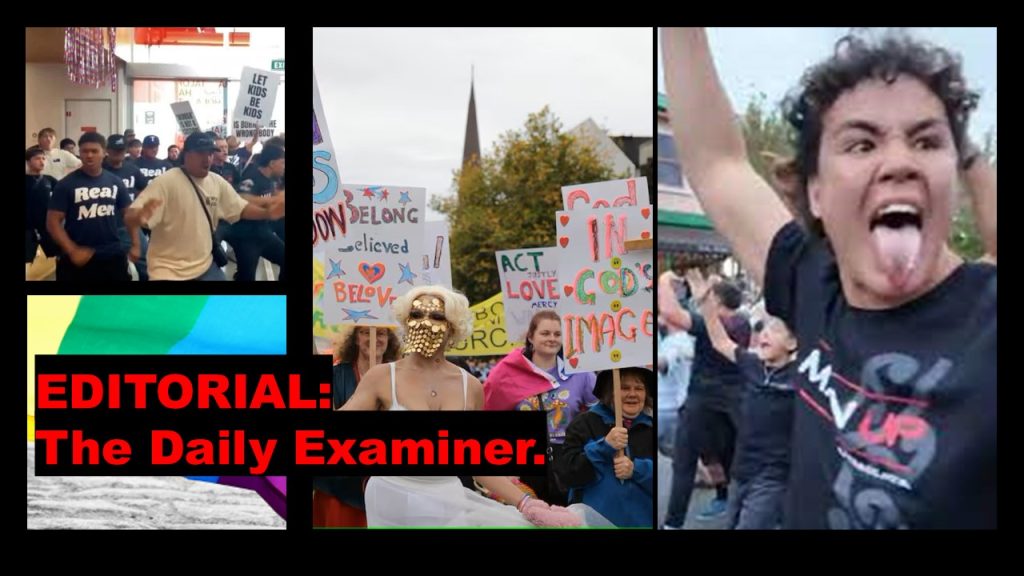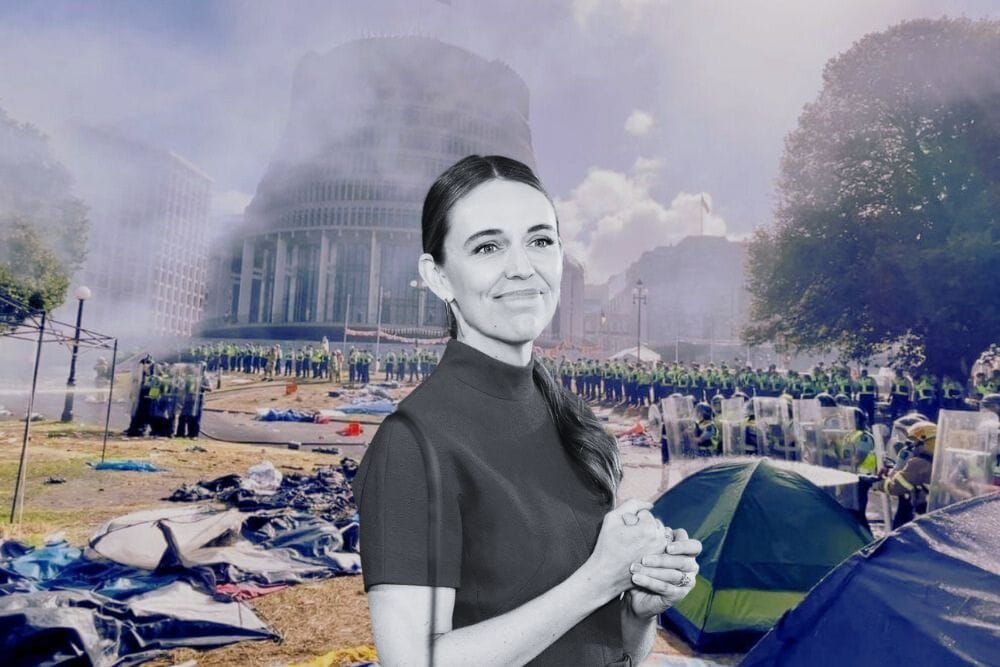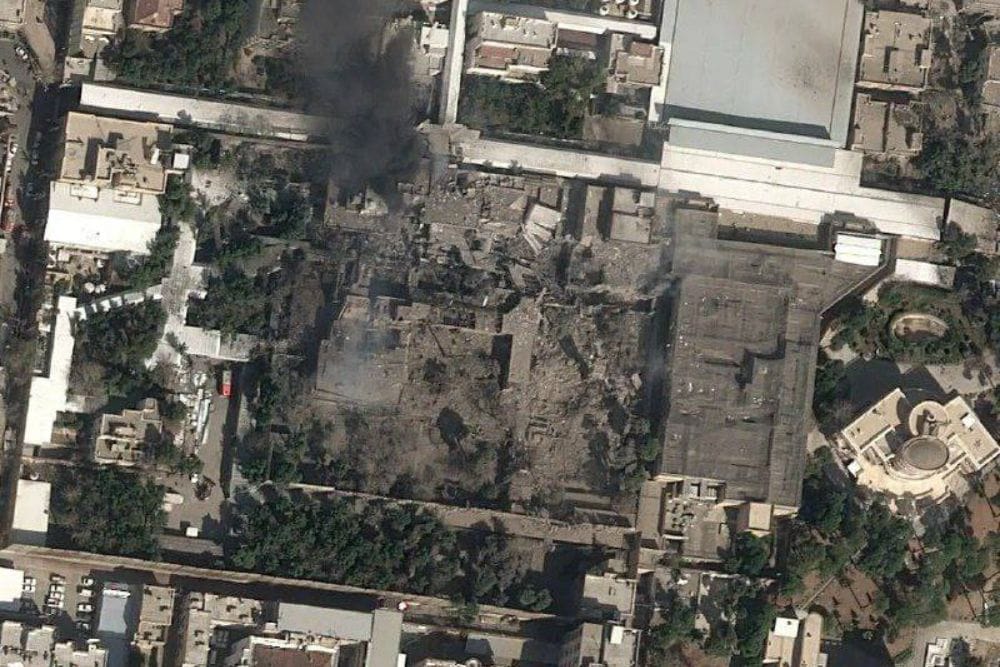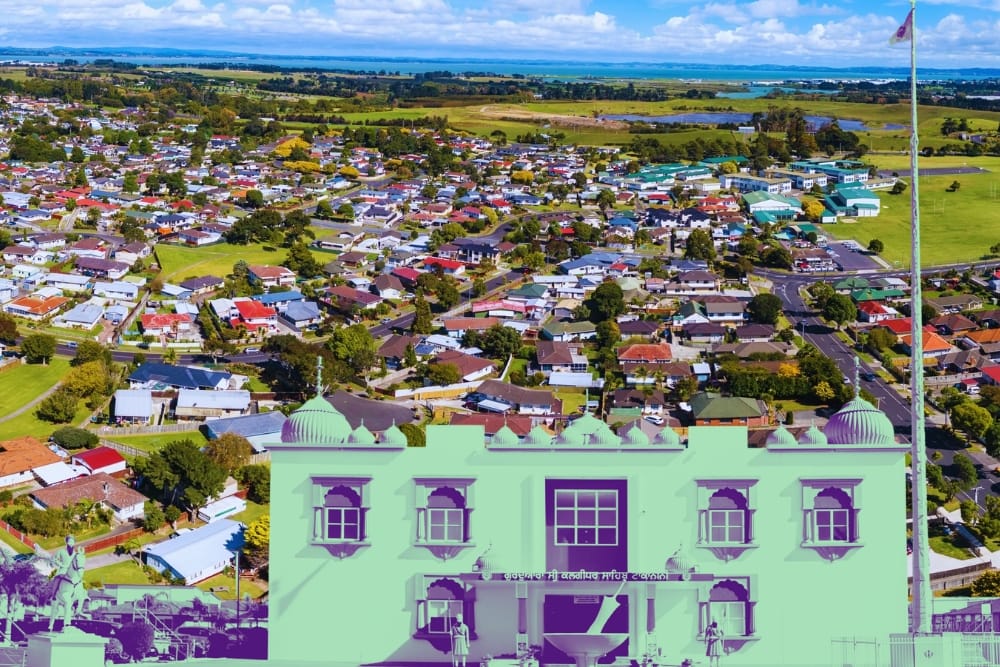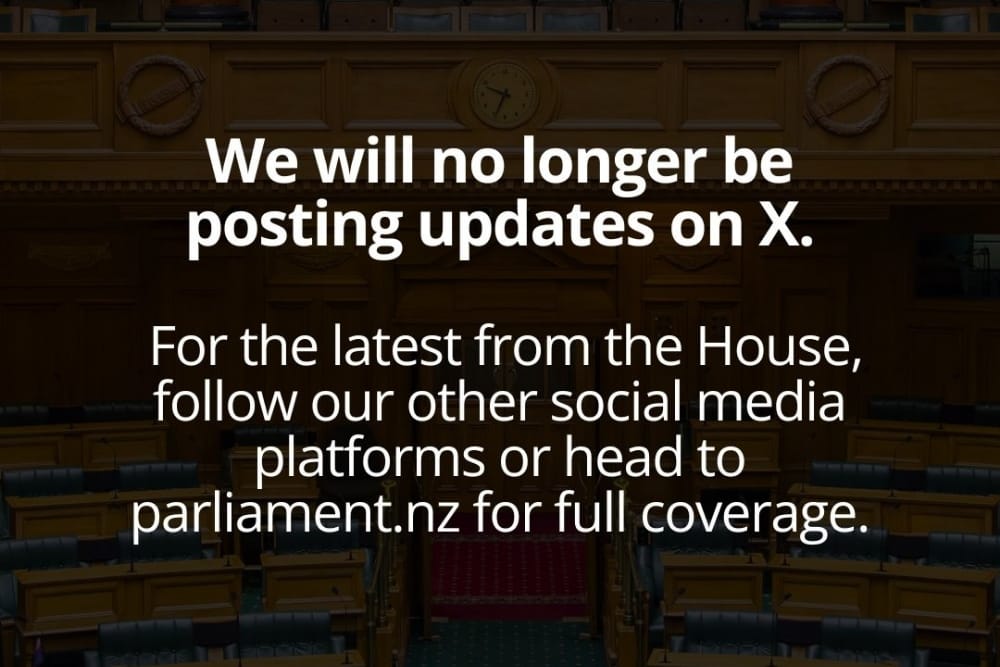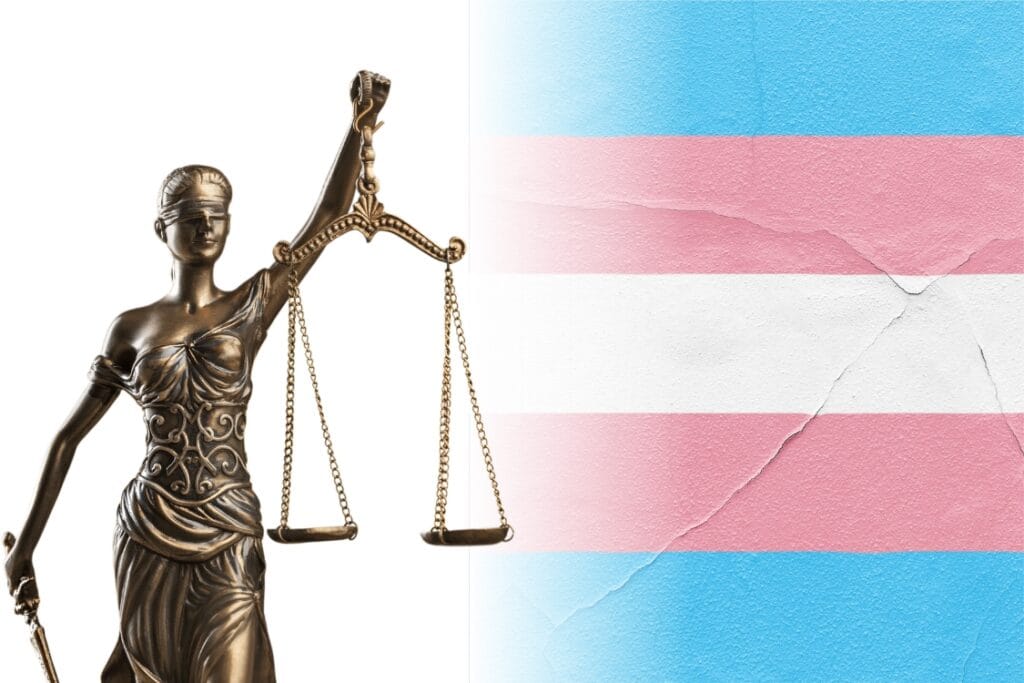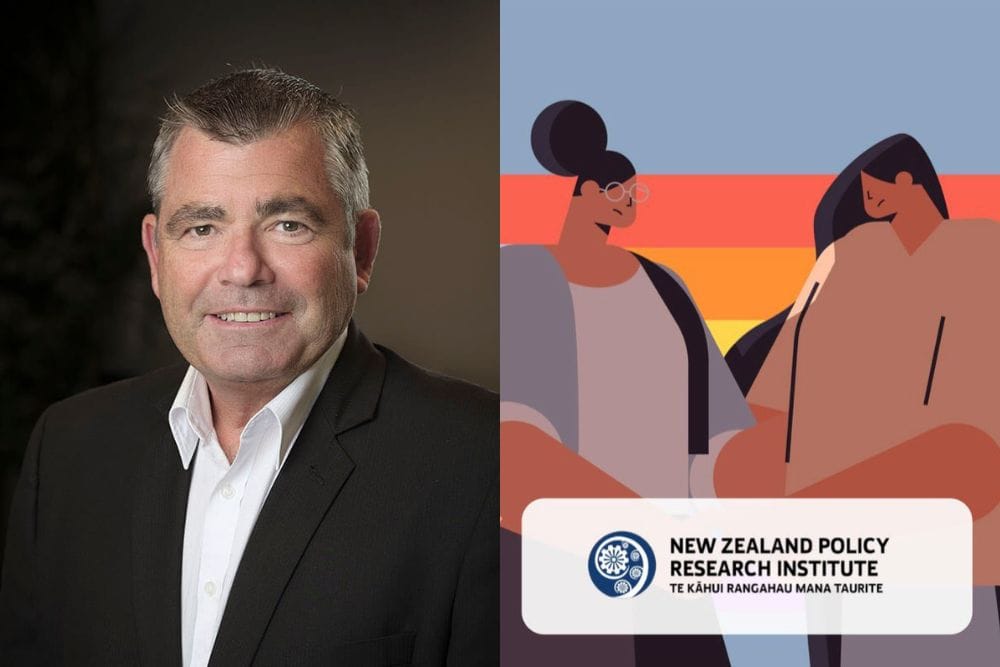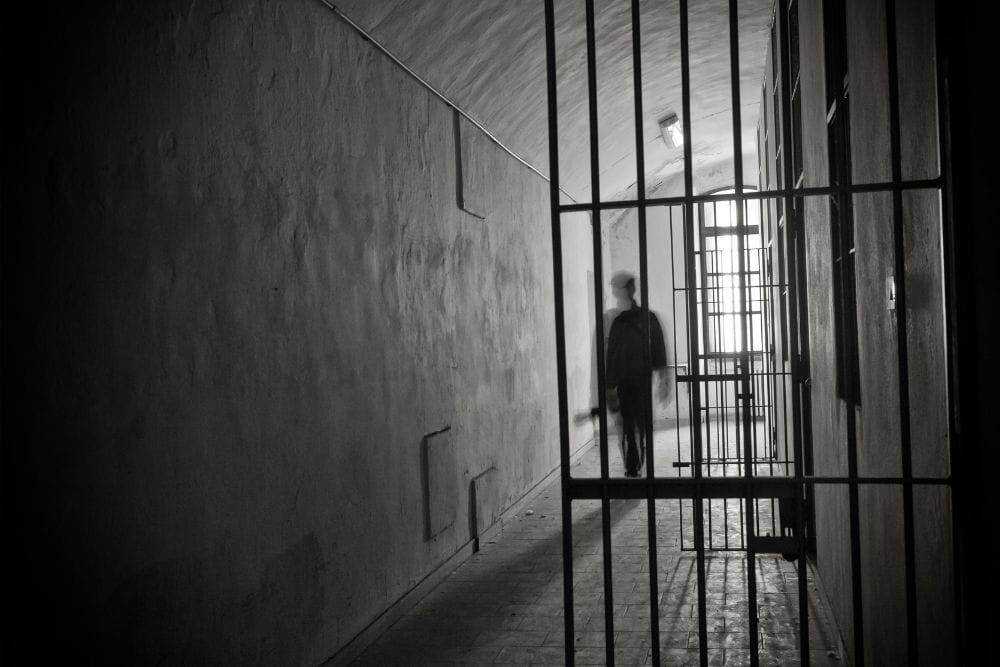EDITORIAL/ Mike Bain – The Daily Examiner.
New Zealand’s political and social landscape has been abuzz with reactions following two significant events involving Destiny Church-linked individuals.
The first pertains to the court appearances of several individuals charged with assault during a protest at the Te Atatu Library on February 15, while the second involves the sentencing of a former Destiny Church youth leader for indecent assault.
In the Te Atatu Library case, individuals linked to Destiny Church appeared in the Waitakere District Court, facing charges related to disrupting a children’s event during the Pride Festival.
Defence lawyer Bridget Lawler sought interim name suppression for all defendants, citing threats to their safety and the impact on their work and studies.
However, the magistrate declined suppression for six of the accused, noting the public nature of their protest and its extensive media coverage.
One defendant, due to their young age, was granted interim name suppression. All defendants were remanded on bail with conditions, including staying 100 meters away from the Te Atatu Community Centre.
This incident has drawn sharp criticism from political figures and community leaders. Te Atatu MP Phil Twyford expressed relief at the arrests, emphasizing that “hate and violence have no place in our communities.”
Superintendent Naila Hassan of Waitematā District highlighted the distress caused to the Rainbow community, stating that such actions crossed the line of lawful protest.
In a separate but equally troubling case, a former Destiny Church youth leader was sentenced to six years in prison for sexually abusing young boys over a five-year period.
The court described the actions as a severe breach of trust, with the judge emphasizing the premeditated nature of the crimes. This sentencing has sparked widespread condemnation and calls for greater accountability within organizations linked to such individuals.
These events have reignited debates about the role of religious organizations in public protests and the need for stringent measures to prevent abuse within community groups.
The juxtaposition of these cases underscores the complex challenges New Zealand faces in balancing freedom of expression with the safety and well-being of its diverse communities.

